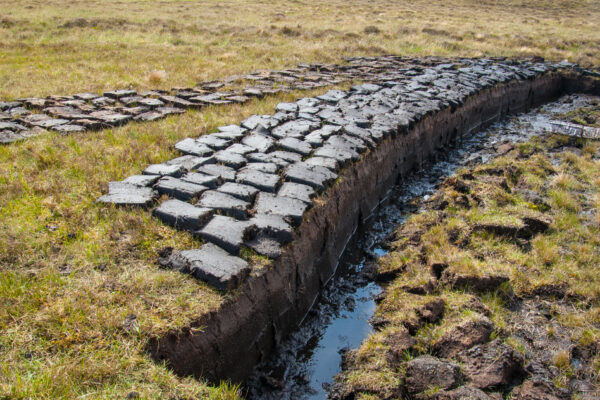
Why go peat free?
The sale of peat to amateur gardeners in England and Wales is to be banned by 2024 and the sale of peat for commercial use is projected to be banned by 2028-2030.
Peatlands are the world’s largest carbon store on land. These natural, boggy areas provide valuable ecosystems for both plants and animals. When we take peat for our gardens or for fuel, carbon emissions are released and habitats are damaged. The mining of peat can cause serious harm to vulnerable wildlife, as peat bogs form the habitat of some extremely endangered species. Sphagnum moss has become scarce and is one of the most important plants in the natural formation of peat. Birds such as the Curlew and Ouzel rely on this specialist habitat for survival.
Keep peat in bogs not in bags – this is a crucial part of the fight against climate change.
- Our planet’s 10 billion acres of peat hold more carbon than all the world’s forests combined. Area for area, peatlands store more carbon than rainforests
- It takes 100 years to naturally form just a 10cm layer of peat in a peat bog, whilst commercial extraction can harvest around 20 metres in the same time, that’s a depth of 20cm’s a year!
- The UK is one of the world’s top 10 countries in terms of peatland area, with nearly 5 million acres
- At least 80% of our peatlands are damaged
Buy peat-free compost and soil improver. Be aware that peat is still commonly found in bagged growing media such as multipurpose composts and grow bags so always check wording such as ‘environmentally friendly’ and ‘organic’, as they do not necessarily mean peat-free.
We compost food and green waste to produce peat free soil improver, a sustainable, environmentally friendly alternative to peat.
Visit our shop to buy bulk bags of our soil improver.






